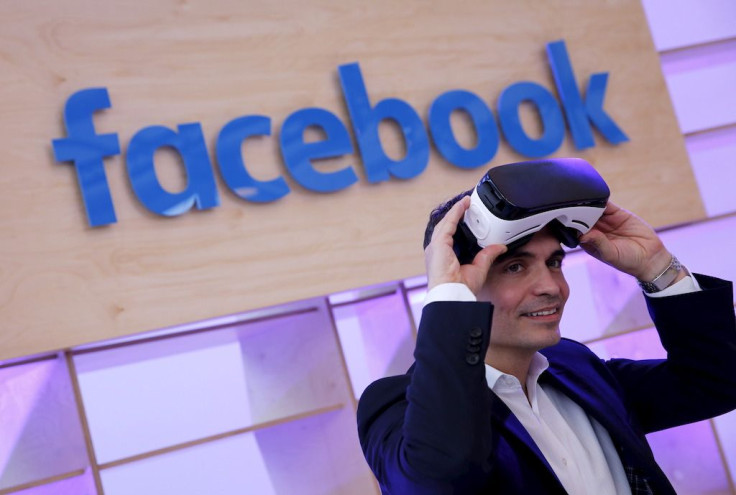Facebook Spaces Now On HTC Vive, Expanding Social VR Experience

Facebook Spaces, the company’s own virtual reality social hub, now works for the HTC Vive VR headset. Unveiled earlier this year, Facebook Spaces initially only worked for the Oculus Rift.
“VR is such a powerful way to feel present with the people you care about when you can't physically be together. With Facebook Spaces, we've always been committed to bringing the power of social VR to as many people as possible, across platforms and devices,” Facebook’s head of social VR Rachel Rubin Franklin said.
“That's why I'm super excited to announce that today we're taking Facebook Spaces cross-platform for the first time, making it possible for even more people to spend time with their friends and family in VR. HTC Vive owners can now use Spaces with a Vive headset.”
Spaces was first announced by Facebook back in April as the company’s first attempt at making social VR a reality. The Oculus Rift, which is also owned by Facebook, was the very first VR headset to be compatible with the Facebook Spaces app, which was made available for download from the Oculus Store.
Owners of the HTC Vive will now be able to try out Facebook Spaces by simply downloading the app from the official Spaces website. The app will allow Vive owners to use all of the same Spaces VR features that are available on the Oculus Rift. This includes creating their own avatar, viewing Facebook photos and 360 videos, playing games, going Live, making Messenger calls and even taking selfies in VR.
What’s also great about the availability of Facebook Spaces on the HTC Vive is that it’s cross-platform compatible. This means that friends using Vive and Rift headsets will be able to hang out together in VR on Facebook Spaces.
As pointed out by TechCrunch, Facebook has invested heavily in VR with Oculus and Spaces is one of the company’s few high-end virtual reality experiences that bears Facebook’s name. The success or failure of Spaces may hinge on how many people actually use it. By bringing it to the HTC Vive, Facebook is able to cast a wider net and potentially bringing in more users to experience Spaces themselves.
“This is our first expansion onto a new platform, but it's only the beginning: We're working to bring Facebook Spaces to even more VR platforms and devices in the future, so stay tuned,” Franklin said.
Oddly enough, the Samsung Gear VR isn’t compatible with Facebook Spaces. The Gear VR is also being powered by Oculus, as pointed out by Digital Trends. It seems as though Facebook is initially targeting the more expensive and premium VR experiences. The Oculus Rift bundled with the motion controller now costs $379, while the HTC Vive costs $599.
With Facebook planning to bring Spaces to more VR headsets and platforms, the company might also have its sights on Microsoft’s Mixed Reality. Microsoft has already partnered with several manufacturers including Samsung, Lenovo and Dell to make Mixed Reality headsets.
© Copyright IBTimes 2024. All rights reserved.











